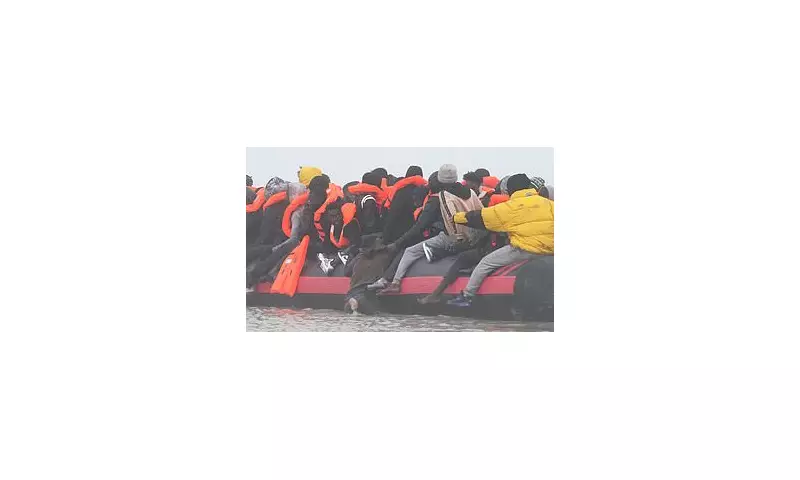
In a significant policy shift, French police are set to begin intercepting small boats carrying migrants across the English Channel towards the UK. This development follows protracted negotiations between London and Paris and comes after more than 39,000 people have made the perilous journey so far this year.
Operational Details of the New Interception Plan
The new strategy is detailed in an official document signed by four French prefects, including the maritime prefect of the Channel and the North Sea. The document, dated November 25 and obtained by Le Monde, establishes the operational framework for these unprecedented maritime interventions.
The report states that the maritime gendarmerie will conduct operations at sea to intercept inflatable boats intended to transport migrants to England. The operations will initially focus on ports and channels, targeting so-called 'taxi boats' – relatively empty vessels that slip into the Channel before being loaded with migrants off beaches near Calais and Dunkirk.
During interceptions, police are instructed to deploy 'graduated and reversible measures', which range from an order to stop, to immobilising the boats, diverting them, and handing the individuals over to the authorities. Revelations suggest that nets may be used to try and immobilise the propellers of these water taxis.
Safety Concerns and Political Pressure
The decision follows a direct plea from UK Prime Minister Keir Starmer to French President Emmanuel Macron. In a leaked letter quoted by Le Monde, the Prime Minister wrote, 'It is essential that we deploy these tactics this month,' adding that 'We do not have an effective deterrent in the Channel.'
However, the plan is not without significant risks. The crossing is notoriously dangerous, with people regularly dying from drowning or suffocation in the flimsy, overcrowded boats. The leaked document itself acknowledges this, stating: 'The unprecedented nature and sensitivity of these operations necessitate adaptability and flexibility. The absolute and unwavering priority is safeguarding human life.'
These safety concerns are echoed by French police unions and naval officers. A senior source at Alliance, the country's largest police union, warned that carrying out arrests at sea is 'extremely dangerous', particularly when dealing with overcrowded boats carrying up to 80 people, including women and children. A French Navy officer similarly cautioned that 'disaster, including drownings, can easily happen.'
Brokerage and Future Implications
This new approach comes amid ongoing disputes over the effectiveness of the UK's financial contribution to French border security. Britain has paid France nearly £500 million to help prevent migrants from reaching British shores, with UK officials frequently claiming they are not getting value for money.
The previous French Interior Minister, Bruno Retailleau, had approved a similar plan for sea interventions in certain circumstances, but it appeared to have been shelved. His more radical proposal involved a 'maritime intervention force' that would actively escort migrant boats away from the English coast.
As the French Maritime Gendarmerie prepares to implement this new, contentious strategy, all eyes will be on the Channel to see if it can effectively reduce the number of crossings while upholding its paramount commitment to preserving human life.





